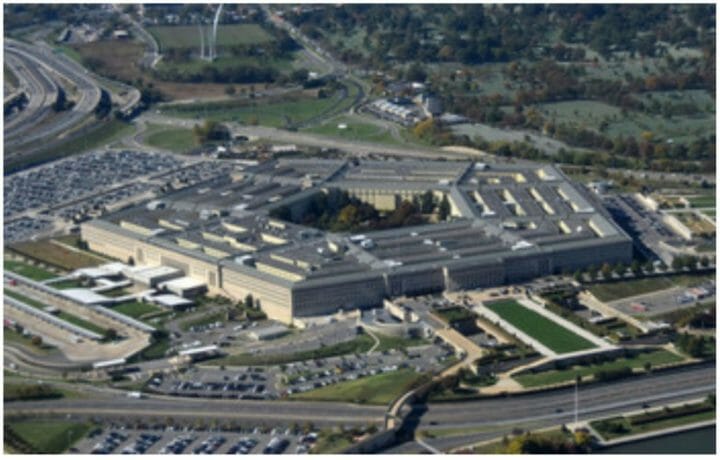The recent leak of nearly 400,000 U.S. classified field reports on the Iraq war by WikiLeaks has led the Pentagon to think about new ways to protect sensitive military information, without denying soldiers the real-time battlefield intelligence they need.
One way, said Deputy Defense Secretary William Lynn, is to implement controls similar to what credit card companies use to detect anomalous behavior.
"Rather than preventing people from having access to the data, could we do things like credit card companies do, which is to look for anomalous behaviour," said Lynn, Reuters reported.
The latest leak compounds the U.S. Military’s problem of containing sensitive information. After more than 70,000 secret U.S. files on the Afghan war were leaked last July, a special Pentagon task force was created to advise Defense Secretary Robert Gates on new security measures. Some battlefield commanders have already moved to tighten security on their own.
However, any new system in place should not halt the flow of intelligence to soldiers in the field. A main complaint of commanders in the 1991 Gulf War was the lack of useful, up-to-date information, Lynn told Rueters. "We don’t want to change that. That’s an important element in the successes we’ve had," he said.



